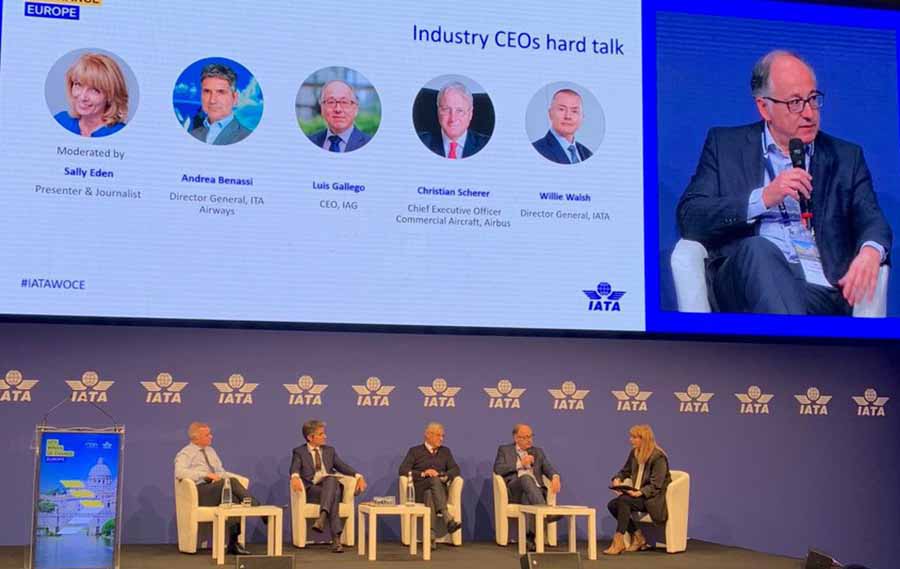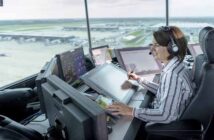
The IATA Wings Of Change Europe event in Rome focused on enhancing European aviation’s competitiveness and sustainability through collaborative actions between the industry and governments.
Keynote speaker Filip Cornelis, Director for Aviation, DG MOVE, European Commission said continuity in policy direction would be maintained under the new European Commission with an increased focus on the Draghi report’s recommendations, advocating for a sustainable aviation sector. He acknowledged an Important signal from the new Commissioners during their hearings in the European Parliament. “The EU is not in the business of curbing aviation or reducing connectivity.”
The conference heard that overregulation is hindering the global competitiveness of European industries, prompting calls for practical actions like reviving the single European Sky initiative and enhancing incentives for the production of sustainable aviation fuel (SAF).
Discussions focused on the necessity of digitalisation and big data, emphasizing leadership commitment, a cultural shift, customer-centric approaches, and talent development as essential components.
Erika Guerri, Chief of Cabinet at Turismo Italia, addressed priorities for the tourism sector, highlighting opportunities for AI in tourism and the importance of sustainability across environmental, economic, and social dimensions.
The conference also underscored the need for reforms like EU 261 and the revival of the Single European Sky, highlighted the ineffectiveness of taxation in promoting sustainability and the need for workforce development to reintegrate professionals back into the tourism industry following the impacts of the COVID-19 pandemic.
Rafael Schvartzman IATA Regional Vice President for Europe shared: “It’s vital the new generation of European politicians being elected this year tackle these issues in collaboration with the industry, to reinvigorate Europe’s economy.
An IATA presentation shared that the competitiveness of the European economy will be strengthened by a more competitive aviation industry. “This can be achieved by addressing consumer issues, costs and capacity, Rising taxes and charges are adding to the cost burden of flying. Airport capacity is tight – and even threatened with cuts because of noise concerns. Consumer regulations are adding bureaucracy and not incentivising better performance. Cutting costs by lowering taxes will increase the long-term strength of national economies through increased travel and trade. Airport capacity can be preserved while reducing noise, by following the Balanced Approach to noise management. Consumers will benefit from a reform of EU261 rules to ensure accountability across the aviation system. The EES border entry system needs more work to be ready in time to prevent confusion.”
IATA Director General Willie Walsh stressed practical actions for achieving environmental goals, suggesting improving the Single European Sky and increasing sustainable aviation fuel production.
Willie Walsh shared: “Europe must understand that its overregulation is reducing the global competitiveness of European industries. The Draghi recommendations shouldn’t just be a report – they must be implemented. Key to that is a better approach to sustainability. Regulators need to understand that taxing people off planes will not reduce CO2. The planes will still fly, but we will be returning to the load factors of 20 or 30 years ago. That means reducing the access to air travel for millions of people, causing huge socio-economic damage, for zero environmental benefit. What’s needed is practical action, such as reviving the single European Sky which could cut emissions by 10% overnight, and better incentives for increasing production of SAF.”




